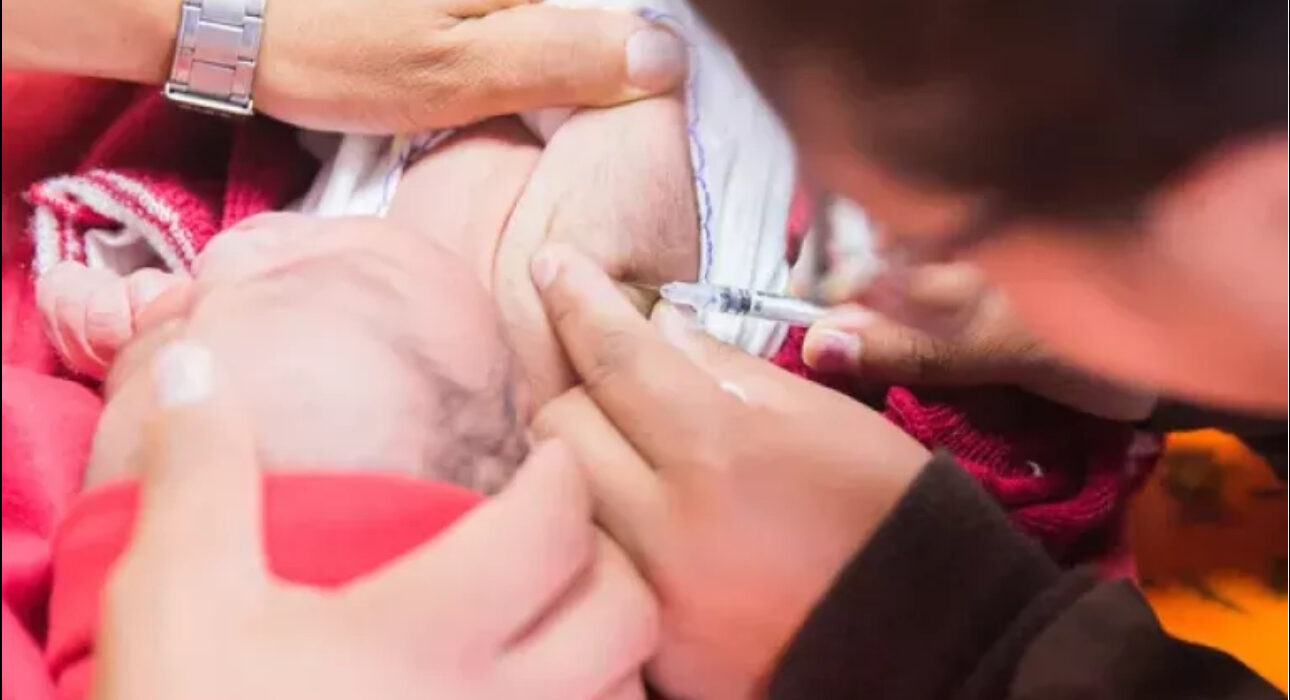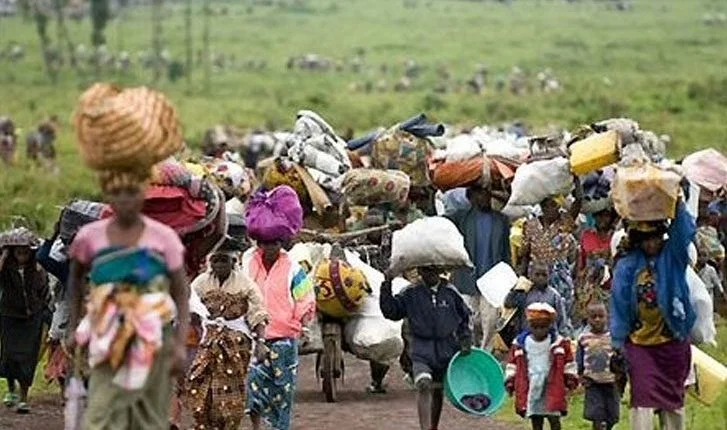WHO, UNICEF: Nearly 20 Million Infants Missed DTP Vaccine Globally in 2024

The World Health Organization (WHO) and UNICEF have jointly raised the alarm over stagnating global childhood vaccination rates, revealing that nearly 20 million infants missed one or more doses of the crucial DTP vaccine in 2024.
The DTP vaccine, which protects against diphtheria, tetanus, and pertussis (whooping cough), is a cornerstone of early childhood immunization and is widely used as an indicator of global vaccine coverage.
According to data released on July 15, while 115 million infants—or 89% of the global target population—received the first dose of the DTP vaccine in 2024, only 109 million, or 85%, completed the full three-dose series.
This leaves approximately 20 million children who either missed at least one dose or were entirely unvaccinated.
Of that number, an estimated 14.3 million infants received no vaccines at all and are now classified as “zero-dose children,” representing a concerning setback in global health progress.
This figure marks a troubling increase of over four million more zero-dose children than targeted under the WHO and UNICEF’s Immunization Agenda 2030, and 1.4 million more than in 2019—before the COVID-19 pandemic disrupted global health systems. Particularly alarming is the situation in conflict zones and fragile states, which house about a quarter of the world’s infant population but account for half of the total number of unvaccinated children.
The number of zero-dose children in these regions rose from 3.6 million in 2019 to 5.4 million in 2024.
Despite some improvements in vaccine distribution systems, WHO Director-General Dr. Tedros Adhanom Ghebreyesus warned that misinformation, dwindling funding, and political instability are threatening to reverse years of steady gains in childhood immunization.
He noted that continued investment, especially in crisis-affected areas, is essential to reach the world’s most vulnerable populations.
UNICEF Executive Director Catherine Russell added that while the overall numbers show moderate progress, the persistence of large pockets of under-immunized children underscores deep inequities. “Every unvaccinated child is vulnerable to preventable diseases. Until we close these gaps, children everywhere remain at risk,” she stated.
The report also highlighted ongoing challenges with other vaccines. Human papillomavirus (HPV) vaccine coverage among adolescent girls improved globally, rising to 31% in 2024 from 17% in 2019.
However, measles vaccine coverage remains well below the 95% threshold required for herd immunity, with outbreaks increasing in various regions. The data indicates that although access has improved in some middle-income countries, high-income countries like the United Kingdom have reported declining immunization rates, particularly for the MMR (measles, mumps, rubella) vaccine.
The WHO and UNICEF called on global leaders, donors, and healthcare providers to take urgent steps, including closing funding gaps—particularly for Gavi, the Vaccine Alliance’s 2026–2030 cycle—investing in stronger primary healthcare systems, tackling misinformation, and engaging communities to restore trust in vaccines.
With the world falling short of key immunization targets and the Immunization Agenda 2030 goals in jeopardy, both agencies stressed that protecting the progress made thus far requires renewed political will and decisive global cooperation.









